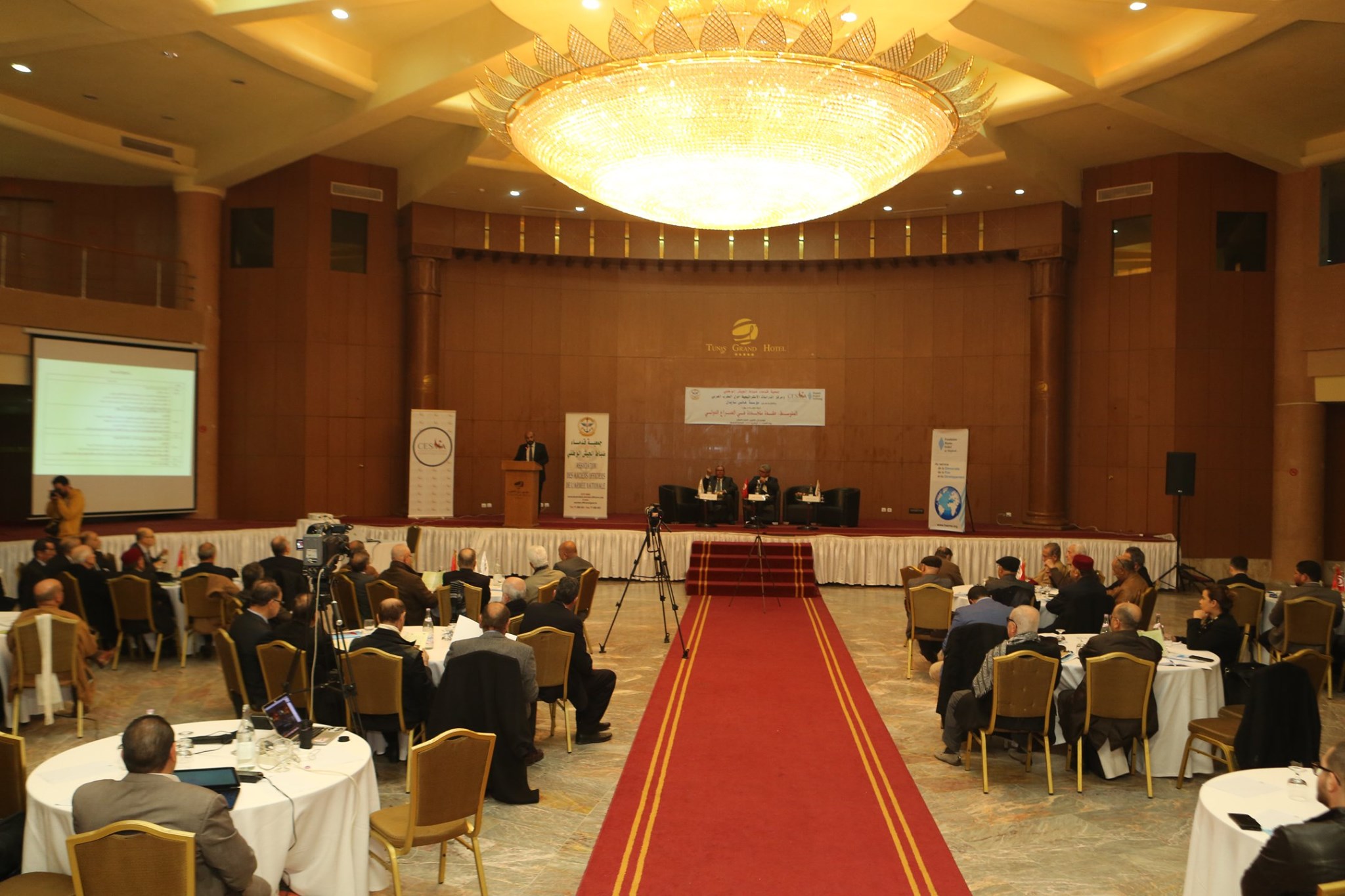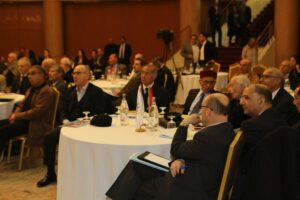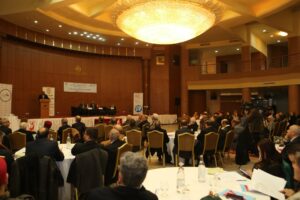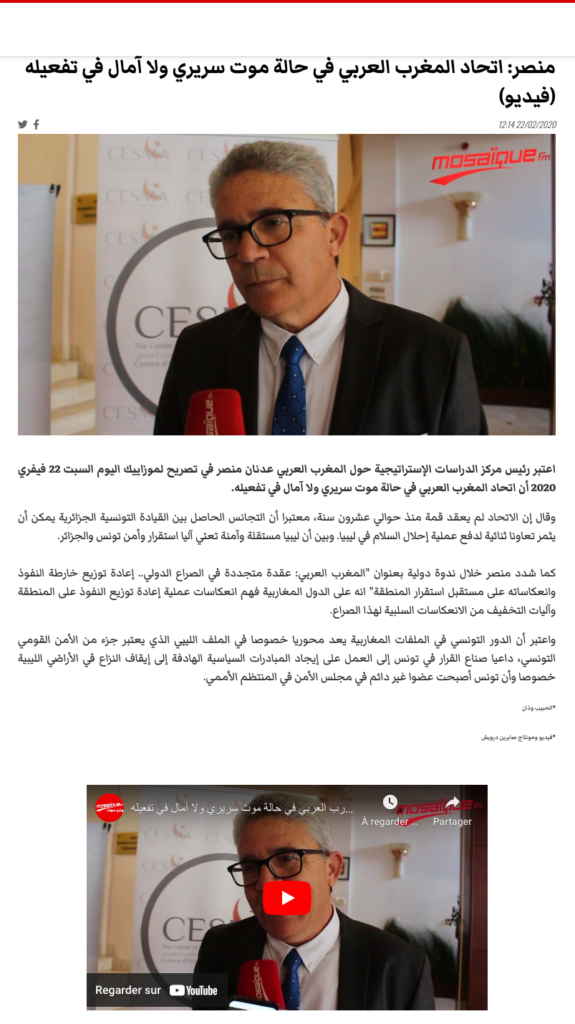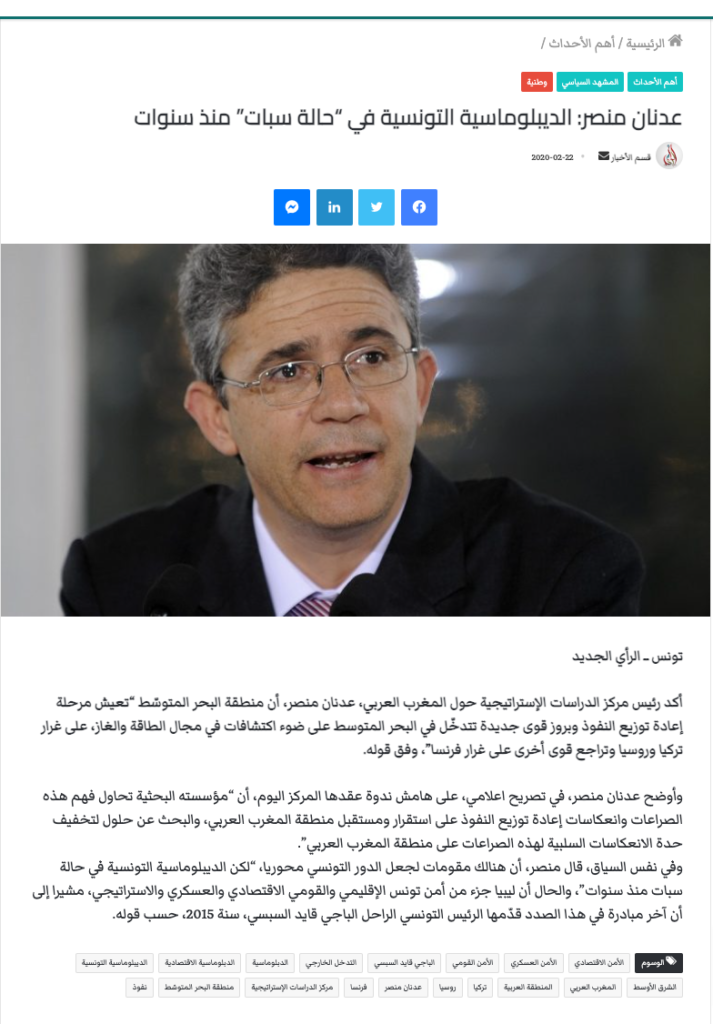In the aftermath of the Syrian crisis and along with the unfolding conflict in Libya, the Mediterranean region has regained its position as a fundamental node in international politics due to the contradictions that put a number of its countries face to face on the one hand, and also due to the entry of new forces willing to influence these contradictions. The war in Syria was a key element in building new and volatile alliances and front lines over the years, as the Russian role, based on traditions dating back to the Cold War, turned into a highly effective presence that decisively enabled the battle against anti-regime armed groups to be resolved.
And while the role of the Gulf countries sponsoring these groups has largely declined, the Turkish role rose up, in a process of redistributing roles and areas of influence with other actors in Syria. In the last months of the war in Syria, it seemed that there existed basic coordination between Russia, Turkey and Iran, coupled with clear retreat of Europe, which resulted in redesigning the map of international powers and their influence in this pivotal region in international politics.
This redistribution process soon spread to North Africa in the Libyan crisis, going in parallel with the tension related to fuel exploration in the Mediterranean and the Russian gas pipeline project to Europe. The conflict in Libya, in which Turkey and Russia are strongly present, and Gulf and Egyptian influences have been present for years, has turned into a central node in the battle for influence in the world and has also become, in the aftermath of the agreement defining the maritime borders between Turkey and the Tripoli government, into a node where the geostrategic conflict meets the future energy potential in the world. This is taking place inside and on the outskirts of the Maghreb, where a state of instability and political and institutional fragility prevails, making its countries, in one way or another, distance themselves from this conflict. The political instability in the Maghreb countries bordering Libya has led to a decline in the traditional role of Tunisia and Algeria, despite the historical and diplomatic potentials dictated by neighborhood. But the most important transformation remains undoubtedly the clear decline of the European role in the Mediterranean as evidenced by the tension created by the Turkish gas exploration operations near Cyprus, and regarding the violent transformations characterizing the Libyan conflict. There is no clearer evidence of this decline than the effective Turkish-Russian coordination in the attempt to resume the political process in Libya, and forcing the Libyan parties to cease fire as an essential step on the political track.
The Center for Strategic Studies on the Maghreb dedicates this symposium to the crisis in the Mediterranean, and its participants, who are experts and experienced in its problematics and mutations, ask a number of questions: How deep was the war in Syria’s impact on the change of influence in the Mediterranean? To what extent can we talk about a new map of influence with the entry of new and active actors into a direct European sphere of influence? What are the implications of the conflict on the hydrocarbon sources and on the role of the different parties in the Libyan crisis and in the Mediterranean? Can Europe overcome its current state of division and rebuild a common interest towards the situation in Libya? What are the possible transformations at the level of the medium-power map interfering in the Libyan crisis (Egypt and the Gulf allies)? What are the realistic foundations of the reports on a Chinese and Iranian role in the region? Then what are the repercussions of the continuing political instability in both Tunisia and Algeria in the continued lack of any effective role in the Libyan crisis? Does the convergence of the official viewpoints of the two new presidencies in Tunisia and Algeria represent an opportunity to build a common role towards the crisis in the region? What are the implications of instability in the Mediterranean, the decline of the European role, and the entry of new actors on the situation in each of the two Maghreb countries?

